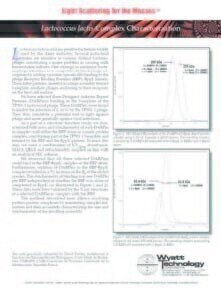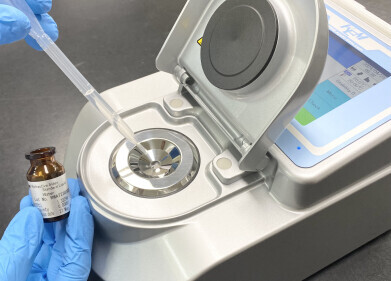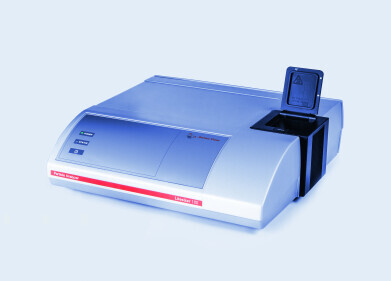Laboratory Products
Fighting Bacteriophage Infections in Dairy Production
Feb 01 2011
Wyatt Technology Corporation has been chosen by the Biological Macromolecules Joint Research Unit of the Université de Provence and Université de la Méditerranée in Marseille, France, for its instruments to characterise lactococcus lactis in order to eliminate bacteriophage infections in dairy production. Bacteriophages are obligate intracellular parasites that multiply inside bacteria, infecting them and causing failures of the milk fermentation process. Wyatt’s innovative instruments facilitate the study of protein-protein complexes, identifying their potential to serve as inhibitors of bacteriophage infections.
Lactococcus lactis is a Gram-positive bacterium widely used by the dairy industry in the production of yogurt and various cheeses. Several industrial strains are sensitive to distinct virulent bacteriophages, which can infect lactococcus lactis thereby delaying lactic acid production and even stopping the milk fermentation process. As a result, the product’s desired properties are altered or entirely lost. The first step in the infection process is the adsorption of the phage to the bacterial cell. One strategy to minimise bacteriophage infections is to competitively block phage adsorption by adding a protein specifically binding to the phage Receptor Binding Proteins (RBPs, BppL trimer). These proteins, inserted in a large assembly termed baseplate, mediate phages anchoring to their receptors on the host cell surface.
The Biological Macromolecules Joint Research Unit selected three Designed Ankyrin Repeat Proteins (DARPins) binding to the baseplate of the lactococcal phage. Both mass and stoichiometry of each DARPin were characterised in complex using a combination of Wyatt’s UV 280nm absorbance, Multi-Angle Light Scattering (MALS), Quasi-Elastic Light Scattering (QELS) and refractometry instrumentation, coupled on line with an analytical Size Exclusion Chromatography (SEC) column. The DARPins were found to constitute a potential tool to fight against phage and viral infections in general.
The results of the experiment clearly demonstrated that Wyatt’s instrumentation allows the study of protein-protein complexes by monitoring complex formation and then accurately characterising the size and stoichiometry of the resulting assembly.
Digital Edition
Lab Asia 31.2 April 2024
April 2024
In This Edition Chromatography Articles - Approaches to troubleshooting an SPE method for the analysis of oligonucleotides (pt i) - High-precision liquid flow processes demand full fluidic c...
View all digital editions
Events
May 05 2024 Seville, Spain
InformEx Zone at CPhl North America
May 07 2024 Pennsylvania, PA, USA
May 14 2024 Oklahoma City, OK, USA
May 15 2024 Birmingham, UK
May 21 2024 Lagos, Nigeria











.jpg)






